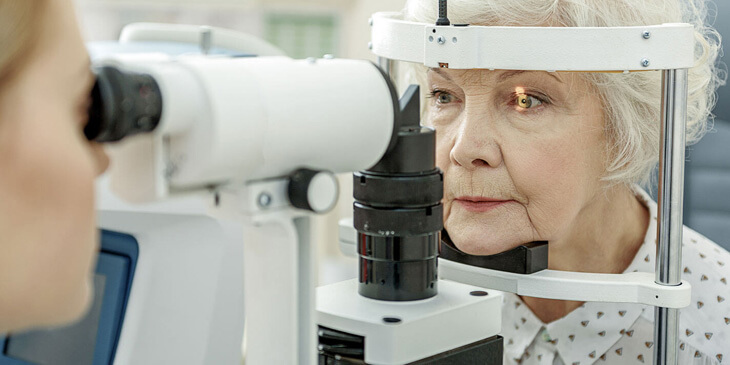Seeing Clearly: The Benefits of Routine Eye Exams in Paducah Kentucky
Your eyes are one of the primary ways you experience the world, but it’s easy to take them for granted and skip routine eye exams. However, regular exams from a licensed optometrist or ophthalmologist are an essential part of preventative health care. If you’re hesitating to go to the eye doctor in Paducah, Kentucky, here are some reasons why you should go ahead and book that appointment.
Vision Problems
The most obvious reason to have an eye exam is to check for vision problems. Even if you think you can see perfectly well, sometimes bad vision can sneak up on you. Children are particularly prone to this, as they may not be able to recognize or know how to tell adults that they’re having trouble seeing clearly. Still, many adults also don’t realize that their eyesight has problems until they get their first pair of corrective lenses and suddenly can see fine details or objects in the distance. Subtle vision problems can cause concentration problems, headaches, and other unpleasant side effects.
Catching vision problems early isn’t all about glasses, especially in children. A vision screening that detects subtle signs of myopia, or nearsightedness, can allow parents to start implementing specific control measures that may help slow or reduce its progress. These control measures can have lifelong implications for eye health, both by reducing the need for powerful corrective lenses and by reducing the risk of eye diseases associated with myopia, such as early cataracts.
Eye Disease
You may think you’d know if something was wrong with your eyes, but some eye diseases can be quite sneaky. Glaucoma is one of the most common problems people develop, and it has no noticeable symptoms in the early stages. If it’s caught early by an optometrist, treatments and interventions are available to prevent vision loss. However, people who skip routine eye exams often don’t realize anything is wrong until they’ve already suffered from permanent vision loss. Cataracts, age-related macular degeneration, and diabetic retinopathy are also commonly found during routine eye exams before they cause any noticeable symptoms.
Eye exams can also catch issues such as detached retinas, inflammation, and scratches or other damage that may not be severe enough to cause significant pain or discomfort but could develop into a more serious issue.
Other Health Problems
Eyes are sensitive to a variety of health conditions, so sometimes they can help catch other diseases early. You may think you’re only going in to have your vision checked, but your eye doctor may find early indicators of a range of conditions. People have been diagnosed with diabetes, high blood pressure, thyroid problems, autoimmune disorders, and even cancer from problems detected during a routine eye exam.
When Do You Need an Eye Exam?
How often you need to visit the eye doctor depends on your age, family history, and personal health. Children should see an optometrist every year or two to ensure their eyes are developing properly, and they don’t have any significant vision changes. Adults under age 60 generally only need an exam about every five years, unless they wear corrective lenses or have a family history of glaucoma. In that case, or if there is an underlying health issue such as diabetes, a yearly exam is a good idea. People age 60 or older also generally need annual exams, because they’re at higher risk of developing eye disease and vision problems.

The best way to figure out how often you need to see the eye doctor is to go ahead and schedule an appointment for an eye exam. Your optometrist will go over your unique health situation and risk factors, then help you work out a personalized plan for routine eye care. So what are you waiting for? Contact us to schedule an eye exam in Paducah, Kentucky, today.






